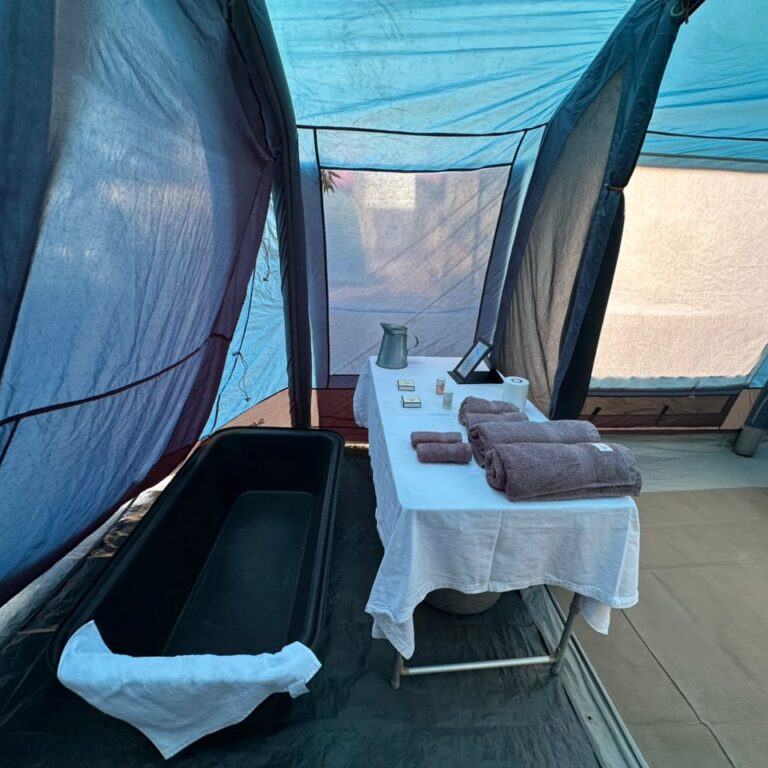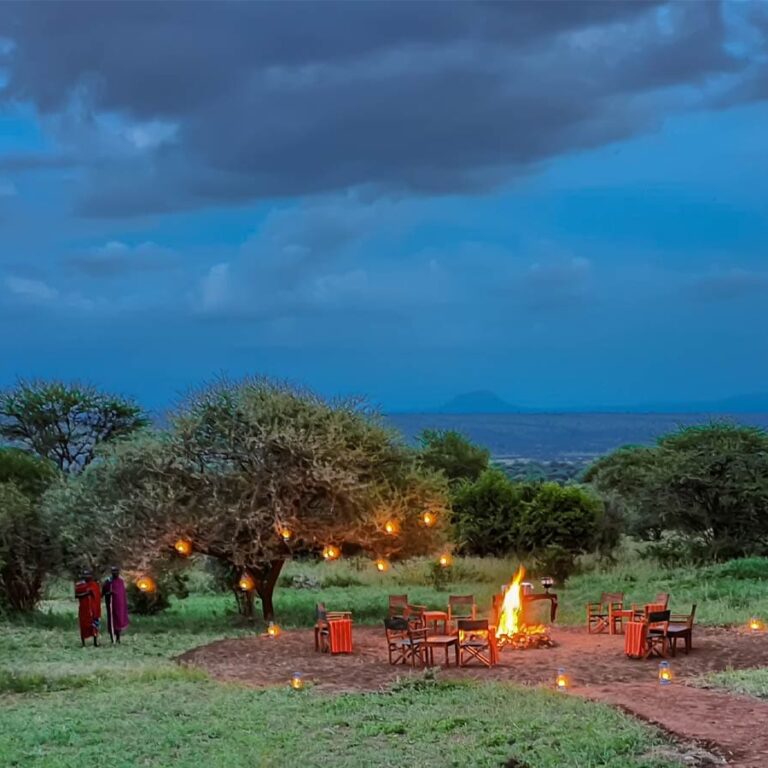The allure of Mount Kilimanjaro is undeniable. Its iconic silhouette, rising majestically above the Tanzanian plains, whispers promises of adventure and profound accomplishment. Many dream of standing atop Africa’s highest peak, but for those who don’t consider themselves “fit,” the question naturally arises: Can an unfit person climb Mount Kilimanjaro? While the mountain is famously a “walk-up” peak, requiring no technical climbing skills, the answer is nuanced. While extreme athleticism isn’t necessary, a complete lack of fitness will likely lead to an unsuccessful and potentially unsafe experience. However, with the right approach, even a moderately unfit individual can prepare themselves for a successful ascent.
While an unfit person can theoretically climb Mount Kilimanjaro, it’s generally not recommended, and success is significantly less likely. Climbing Kilimanjaro requires a good level of physical fitness, especially for the summit attempt, and is a strenuous activity even for those who are prepared. While it’s a trek, not a technical climb, the long days, high altitude, and potential for altitude sickness pose significant challenges. While it’s possible for an unfit person to climb Kilimanjaro, it’s crucial to be realistic about the challenges and to train adequately. It’s also important to prioritize safety and be prepared for the possibility of not reaching the summit.
1. Fitness Level: It’s About Endurance, Not Speed
Let’s be clear: a genuinely “unfit” person, someone who rarely engages in physical activity, struggles with walking for short distances, or has significant underlying health issues, should not attempt to climb Kilimanjaro without substantial prior preparation. However, an “unfit” person, in the common understanding of someone who is not an athlete but capable of moderate activity, can absolutely achieve this goal with dedicated effort.
The key is endurance, not speed or brute strength. You need to be able to comfortably walk for 6-8 hours a day, often uphill, for multiple consecutive days. This is a sustained effort at increasing altitudes, demanding cardiovascular stamina and muscular endurance in your legs and core. If you can build up to regularly walking for 3-4 hours, several times a week, over varied terrain, you’re on the right track.
2. Altitude: The Ultimate Equalizer
This is the most critical factor, and it cares little for your pre-existing fitness level. Altitude sickness (Acute Mountain Sickness or AMS) can affect anyone, regardless of how fit they are at sea level. The air at Uhuru Peak (5,895 meters / 19,341 feet) contains roughly half the oxygen found at sea level. Acclimatization is Paramount. Your body needs time to adjust. The best strategy is to choose a longer route (7, 8, or even 9 days). These routes offer a more gradual ascent profile and often incorporate “climb high, sleep low” opportunities, where you gain altitude during the day but descend to a lower camp to sleep. This significantly aids your body’s natural acclimatization process.
“Pole Pole”. The Swahili phrase for “slowly, slowly” will become your mantra. Walking at an almost frustratingly slow pace is essential. It conserves energy and allows your body to take in as much oxygen as possible. Your guides will enforce this for your safety. Hydration. Staying well-hydrated (3-5 liters of water daily) is crucial for acclimatization and can help mitigate mild AMS symptoms.
3. Training: From “Unfit” to Prepared
If you currently identify as unfit, a structured training plan is non-negotiable. Begin several months (ideally 4-6) before your climb, starting gradually and building intensity. Cardiovascular Foundation. Start with brisk walking, then progress to jogging, cycling, or swimming. The goal is to sustain your heart rate for increasingly longer periods. Hiking is Best. Once your base fitness improves, incorporate regular long hikes, especially with a weighted daypack (5-7 kg / 10-15 lbs), on varied terrain including hills or stairs. This simulates the actual climb and builds specific muscle groups.
Strength Training. Focus on leg and core strength. Squats, lunges, step-ups, and planks will prepare your muscles for the sustained effort and the long descent. Consistency. The key is consistent effort. Don’t try to cram training; steady, progressive improvement is far more effective. An “unfit” person can absolutely transform their fitness level to a suitable one with dedication.
4. Mental Fitness: The Summit is in Your Mind
Kilimanjaro is often said to be 70% mental, 30% physical. This holds true for everyone, but especially for those who might feel physically less robust. Resilience. Be prepared for discomfort, cold, and fatigue. There will be moments when you want to quit. Cultivating mental resilience – the ability to push through perceived limits – is vital. Positive Mindset. A positive attitude can make a huge difference. Focus on one step at a time, celebrate small victories, and trust in your guides and your own preparation. Manage Expectations. Understand that it will be incredibly challenging, but achievable. Don’t be discouraged by others who seem faster; your pace is your pace.
Climbing Mount Kilimanjaro is challenging, but achievable for many with proper physical preparation and acclimatization. While it’s not a technical climb requiring specialized mountaineering skills, the altitude and sustained physical exertion make it demanding. The average summit success rate is between 60% and 85%, but it can be higher with longer routes and proper acclimatization.
5. Professional Guidance: Your Lifeline on the Mountain
You cannot climb Kilimanjaro independently. You must go with a licensed tour operator and a full support crew. This is where an “unfit” person gains a crucial advantage. Expert Guides. Your guides are highly experienced, trained to monitor your health, recognize AMS symptoms, and make critical decisions for your safety. They will enforce the “pole pole” pace and provide constant encouragement. Support Crew. The porters will carry the bulk of your gear, and a cook will prepare nutritious meals, allowing you to conserve energy solely for the trek. Choose Wisely. Select a reputable operator with a strong safety record, experienced guides, and ethical porter treatment. This investment is non-negotiable for anyone, but especially for someone concerned about their fitness.
Its not possible to climb Mount Kilimanjaro without a guide. Climbing Kilimanjaro without a licensed guide is illegal and prohibited by the Kilimanjaro National Park Authority. All climbers must be accompanied by a guide and support crew arranged through a registered tour operator.
6. Realistic Expectations: A Marathon, Not a Sprint
Going into the climb with realistic expectations is crucial for enjoyment and success. It Will Be Hard. No matter your fitness level, summit night is grueling. Expect to feel tired, cold, and uncomfortable. Embrace the Pace. You will be moving very slowly, particularly at higher altitudes. This isn’t a race. Not a Race. Don’t compare yourself to others. Your journey is unique. Summit is a Bonus. Focus on the journey and the experience. While the summit is the goal, the transformation and learning along the way are equally rewarding.
People often fail to summit Mount Kilimanjaro primarily due to altitude sickness, exacerbated by inadequate physical preparation, poor acclimatization, insufficient hydration and nutrition, and choosing shorter routes. Other significant factors include mental weakness, insufficient or improper gear, and poor guidance from inexperienced operators. Climbing Kilimanjaro is a challenging but rewarding adventure that requires preparation for extreme weather variations, altitude sickness, and physical demands, with the summit night being the most arduous part. You’ll encounter diverse conditions from hot rainforests to arctic summit temperatures, necessitating layered clothing and specialized gear, and it’s crucial to prioritize acclimatization to mitigate altitude sickness.
7. Listen to Your Body: Your Most Important Guide
Above all else, listen to your body and communicate openly and honestly with your guides about how you are feeling. Symptoms Awareness. Be aware of common AMS symptoms like headaches, nausea, dizziness, or unusual fatigue. Report them immediately. Trust Your Guide’s Judgment. If your guide advises you to descend due to worsening symptoms, do so without hesitation. They prioritize your safety above all else, including reaching the summit. Pushing on with severe AMS can be life-threatening.
While Kilimanjaro is not a technically challenging climb, it does require a good level of fitness and endurance. You don’t need to be an elite athlete, but you should be comfortable with several hours of hiking per day, including some steep sections, and carrying a daypack. Cardiovascular fitness and leg strength are particularly important. In essence, a reasonable level of fitness, combined with proper acclimatization, will give you the best chance of reaching the summit of Kilimanjaro.
In conclusion,
While a genuinely sedentary or medically compromised individual should approach Kilimanjaro with extreme caution and significant preparation, an “unfit” person who is committed to a structured training plan, chooses a long route, and adheres strictly to the guidance of their professional team, absolutely can climb Mount Kilimanjaro. It will be challenging, perhaps more so, but the profound sense of accomplishment and the life-changing experience that awaits on Africa’s Roof are well within reach for the determined.








